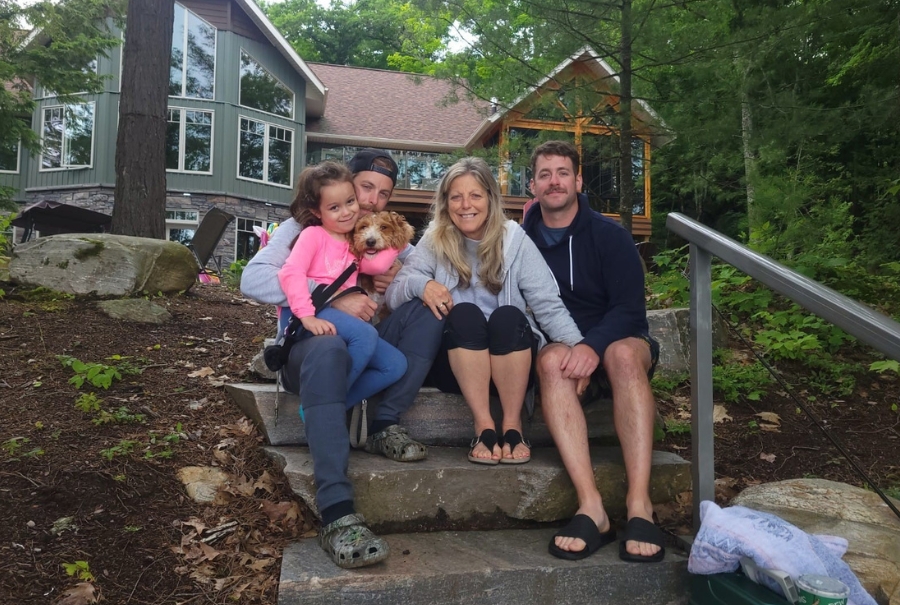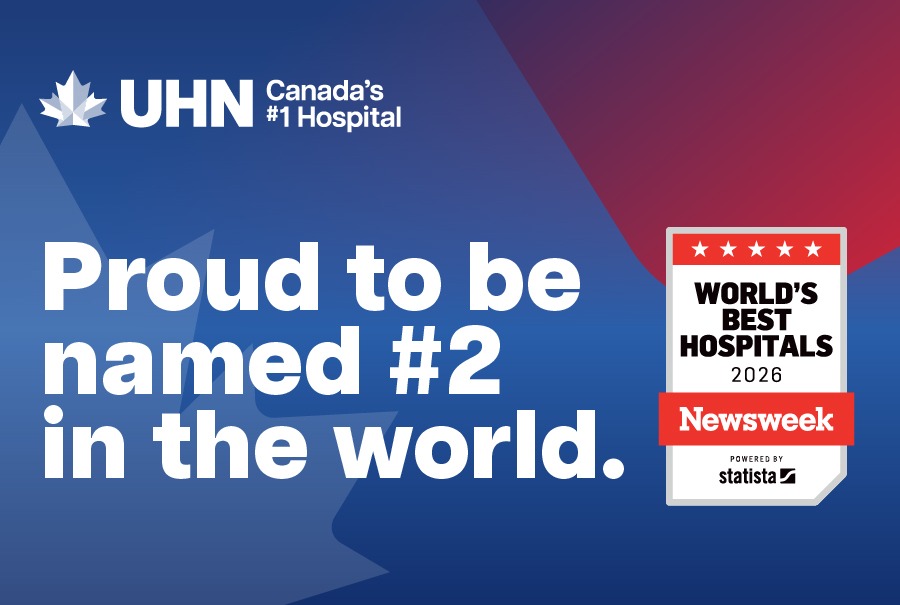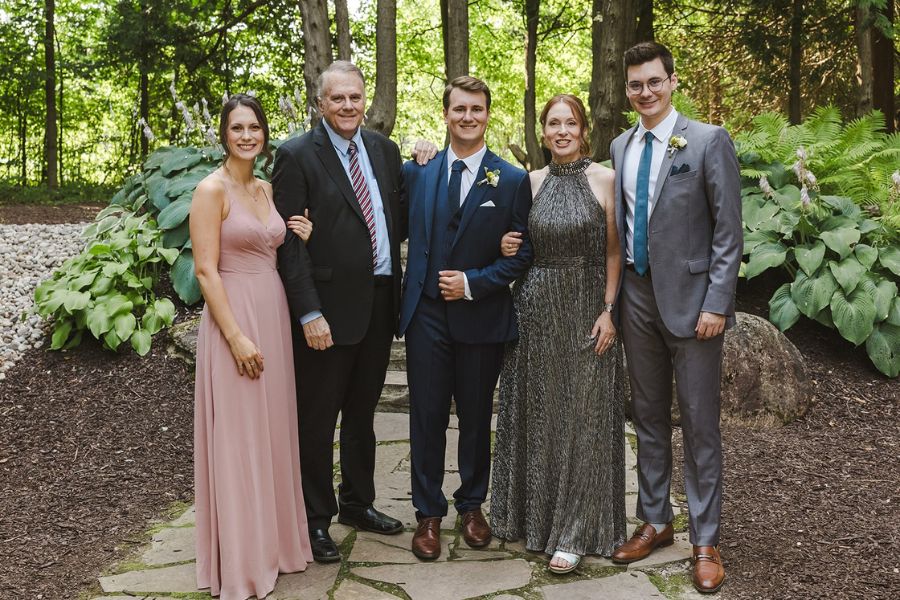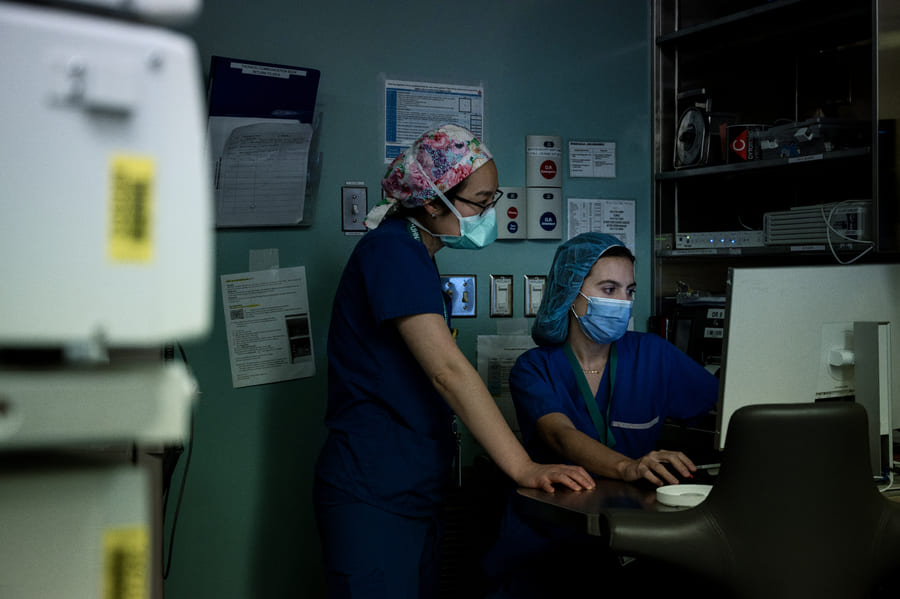
In October of 2023, UHN’s Ajmera Transplant Centre celebrated a unique milestone. For the first time in Canadian history, the full lung transplant surgical team were all women.
Dr. Laura Donahoe, who led the surgical team, is the only practicing female lung transplant surgeon in Canada. She trained the two lung transplant surgical fellows who participated in this milestone surgery: Drs. Mariana Gil Barturen and Se-In Choe (whose fellowship has since been completed). The team they worked alongside, which also comprised mainly women, included nursing staff Charmayne Bringas and Aleli Del Mundo and Sabrina Duong, perfusionist.
We sat down with Drs. Donahoe, Choe and Barturen to learn how it felt to take part in this milestone surgery, and their career journeys that brought them here.
Q: What drew you to lung transplantation?
Dr. Donahoe: I always liked the idea of transplant. When I was a medical student, I saw there was an elective at UHN to do lung transplant. I came as a third year medical student and I got to see a transplant and a donor procurement. I just thought it was the most amazing thing. I had known I wanted to become a thoracic surgeon, but after that I realized I really wanted to do transplant surgery.
Dr. Barturen: I’m from Madrid and originally trained in Spain. I remember when I was a med student, I had to choose elective rotations and I joined bronchoscopy. In bronchoscopy, we were in touch with the thoracic surgeons. I realized that I really like surgery, so I decided to do another elective rotation as an intern in thoracic surgery and I really loved it. I was very motivated to do lung transplant, so I decided to apply to this fellowship to focus my career on it.
Dr. Choe: When I entered medical school, I actually didn’t think surgery was right for me. Because I have a background in microbiology, I was thinking of pursuing a career in infectious diseases. In my first year of medical school, I was thinking about surgery and decided to try it out and see whether I liked it, and I thought I was going to rule it out. I was fortunate because I got to spend the summer in the thoracic surgery department in Boston. I was exposed to the field of thoracic surgery, and I actually really liked it. I liked the people, I liked the disease pathology and I liked the patients.
And then one night, there was a lung transplant happening, and I got to go see it. I joined the procurement and got to see the implant. What really struck me was seeing those new lungs inflate. It’s an image that really gets you. I’m still mesmerized by it. That really got me interested in pursuing a career in thoracic surgery and lung transplant itself, so I pursued a fellowship here in Toronto, which is the Mecca of transplant globally.
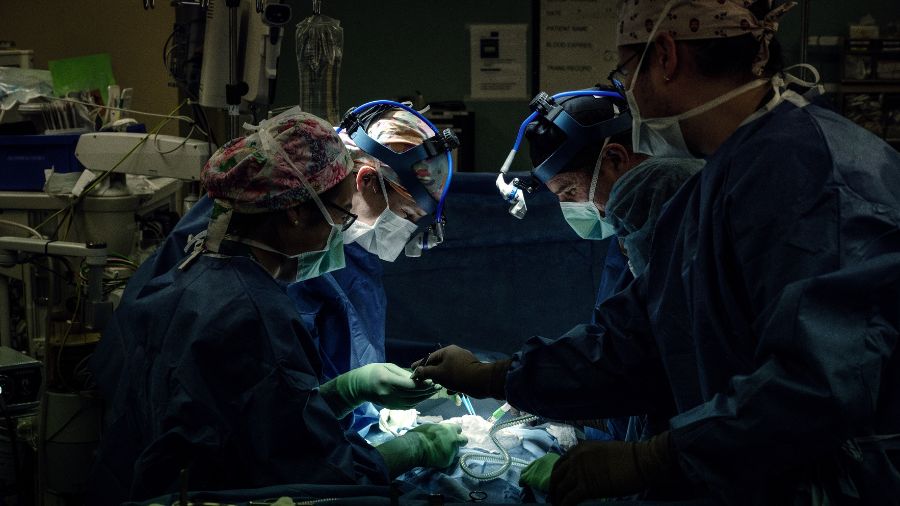
Q: Is there anything about lung transplantation you think the average person might not know?
Dr. Donahoe: I think probably most people don’t know how many people are waiting for lungs. I think a lot of people think it’s associated with smoking or things like that, but a lot of people get illnesses that have no rhyme or reason and end up needing lung transplants. There’s a lot of people in our population who fit in that category, probably more than most people think.
Dr. Choe: Before the donor procurement process itself, we have a moment of silence and appreciation for that gift of the organ from the donor. It can get very emotional in the room. I’ve come to appreciate the entire process. For the donor’s family, it’s a moment of closure. I think what people might not realize is how precious this gift is, and how it’s not only the recipient and their families who are grateful. As a team member, I am also grateful to be part of this process. Everyone in that room is there for the same goal, and it is about appreciating the gift the donor has given to us, and knowing that we are following their wishes to give.
Dr. Barturen: As lung transplant surgeons, we are very clinically involved. I feel like we are more attached to our patients. I think especially in the field of lung transplant, it make you more connected with the patient and their families, and everything involved in the gift of an organ.
Q: Was being part of Canada’s first all-female lung transplant meaningful to you? If so, in what way?
Dr. Barturen: It was very meaningful. Dr. Donahoe is the only female lung transplant surgeon in all of Canada. So sharing this experience with her, with Dr. Choe and the rest of the team, it was quite amazing. In Europe, the percentage of female surgeons in lung transplant is higher than in Canada, so for me the environment in the operating room was quite familiar, but I also knew that moment was very unique.
Dr. Choe: It’s actually pretty interesting. It just happened that day that we were all female. But as Dr. Barturen said, in Europe, there are a lot of lung transplant surgeons who are female. The fact that Dr. Donahoe is the only female lung transplant surgeon in Canada just put everything into perspective. How maybe in our field, there is still work left to be done. I think that what I really liked about being there was feeling that there’s more female presence in a lot of these male-dominated careers like lung transplantation. There’s improvements needed but I think we’re heading in the right direction.
Dr. Donahoe: I think things have gotten a lot better for women in medicine and women in surgery, but to still have this one area where there’s no other women in Canada – it shouldn’t be something special in this day and age but it still is. I love seeing us train more women, and it was just a very unique experience. And it was very exciting for us as women to do that.
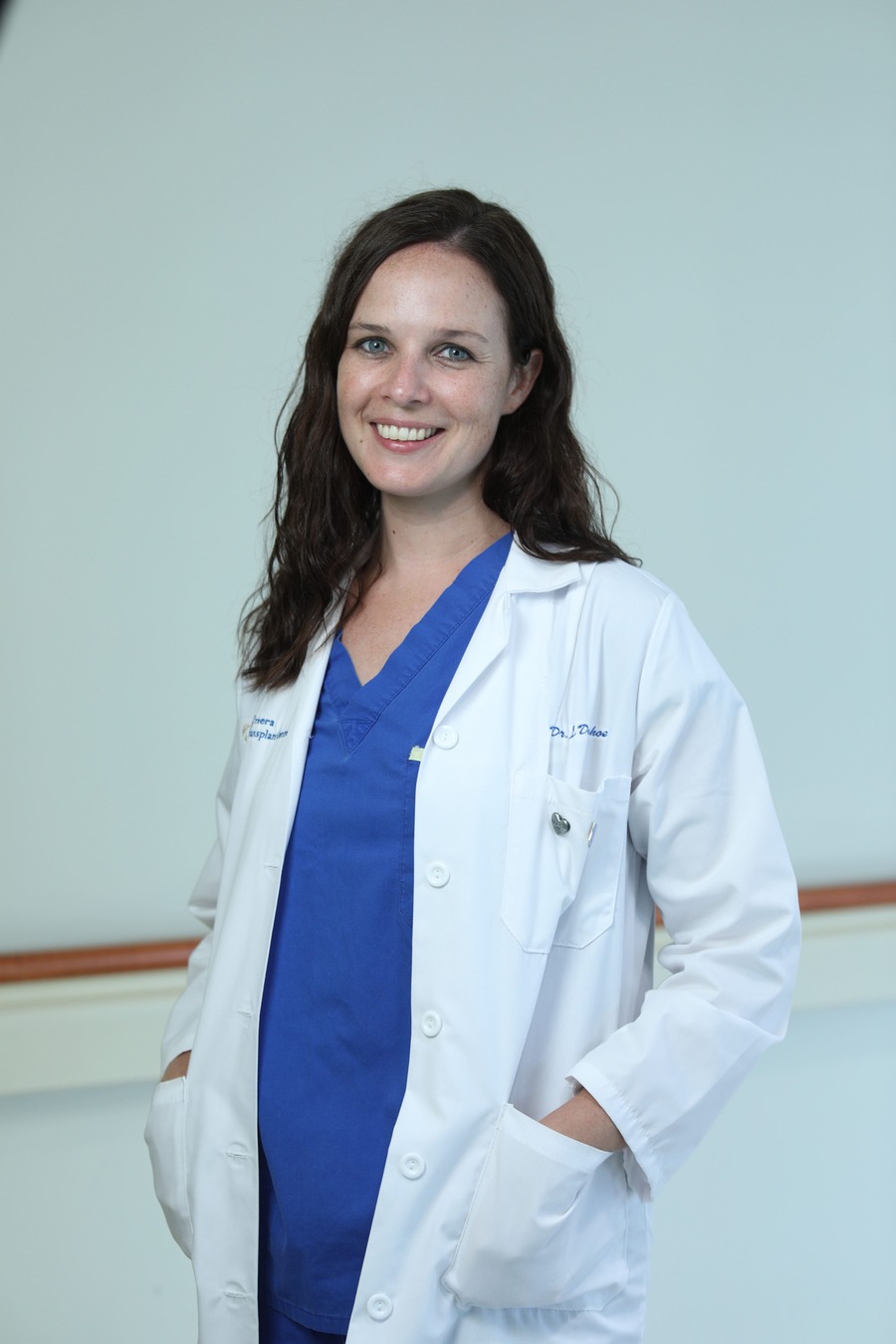
Q: What is something you really like about working in lung transplant?
Dr. Choe: I think it’s the teamwork. I don’t think a transplant is possible without the entire team: respirologists, ICU physicians, all the nursing staff, perfusionists, physiotherapists, dieticians, social workers – there’s a whole bunch of people and our same goal is to help the patient.
Also, it’s very gratifying to see these patients who are so sick – probably the sickest in the hospital, come into the hospital with high oxygen requirements and do well after surgery. When you see some of them after transplant walk out of the hospital and go home, off oxygen, I think that is the most gratifying thing for me.
Dr. Baruten: There’s always room for growth and innovation. There is always room to improve and room to try new strategies.
Dr. Donahoe: I really love the team we work with. Like many things in surgery, this is truly a full team effort, before and after transplant. And everyone is very committed. Everyone knows their role and is proud of what they do.
Q: What are your thoughts on the challenges that women continue to face in the field of lung transplantation?
Dr. Barturen: I think as women, just like men, we are motivated and we pursue equality in our careers, but we face some different challenges. It can also be challenging when we don’t really have many examples of other women to learn from. We have to create our own role models.
Dr. Choe: There are a lot of inequalities or biases that may be hidden. Because they’re not obvious, they are sometimes passively part of the field of medicine. These challenges do exist and we do need work in this area to improve on them. But I think overall we’re heading in the right direction.
Dr. Donahoe: I think in many ways, I haven’t had to go through a lot of the difficulties that women before me have, because what they have done has made it better for us. But I think there’s a lot of challenges for women still. And I hope that, through what I’ve done, hopefully it will make it easier for the next generation of women. We have come a long way and we are so proud of that. I’m so excited for the future.
Q: What would you tell other women (or your younger self) about pursuing lung transplantation?
Dr. Choe: If you have any interest, go for it. As long as you have the interest and the determination, I think whoever’s interested in it should pursue a transplant career. Certainly, there will be barriers and obstacles along the way. With Dr. Donahoe as a mentor, it’s nice to see all she’s achieved so far in her career and I’m so grateful that she’s there. It’s nice to have that, someone who has achieved this for me to get feedback from and learn from. If representation of women in lung transplant grows and becomes more visible, we can be supported by one another. And that’s how we improve on the obstacles we face.
Dr. Barturen: It is a very demanding job. You are attached to your patients, to their complications and you need to be available for them whenever they need it. There are some moments in your career when you have to decide, and I think you have to sacrifice some things in your personal life. One of the things I am learning from Dr. Donahoe – it’s not just the technical skills or managing patients that I learn from every surgeon on the team. She helps us realize we can organize our time to preserve time for rest, for research, and how she deals with everything in our learning – not only inside the operating room.
Dr. Donahoe: Many people will tell you all the negative about it. What I found was the people who were saying negative things about it were not people who were not working as lung transplant surgeons – it was just their idea of what the job was going to be. And you know, if it is truly something that you want to do, just stick with it. Persevere. Don’t get discouraged. You can get anywhere and do anything that you want to do.

No one ever changed the world on their own but when the bright minds at UHN work together with donors we can redefine the world of health care together.
